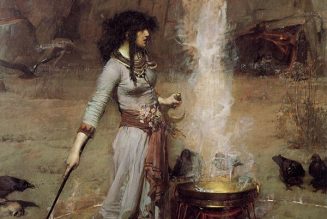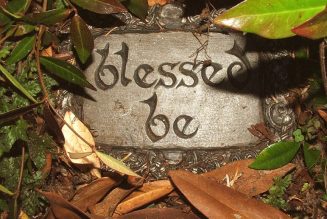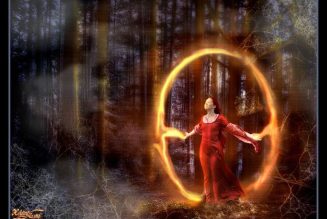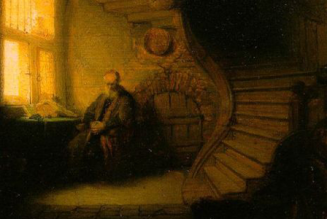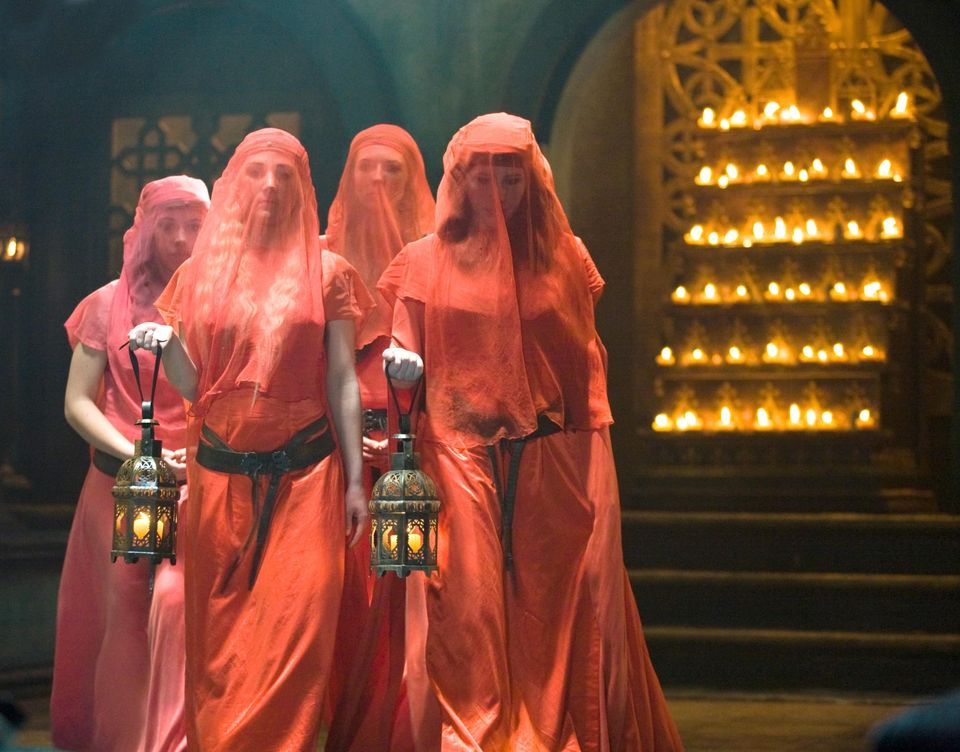
Like the rest of society, however, magick also suffers from a bit of socioeconomic elitism. The magick familiar to many of us today developed centuries ago, as educated people sought an ultimate truth, or vast treasure, or nubile partners for lecherous exploits. These literate sorcerers worked with grimoires and other texts, writing and rewriting them until they had developed what would ultimately be referred to later as “high magick.” This
form of magick came to be labeled ritual, ceremonial, or temple magick. In many ways, magick in this form has contributed to the development of science through such arts as alchemy and astrology and the study of how natural things interact. High magick often involves elaborate execution,
timing, costuming, and materials, and the lengthy recitation of invocations and prayers to carry out the intended work. This style and method of magick could be pursued by only those with enough education, resources, and time to procure and properly prepare the necessary items to carry out the work. This was a luxury not enjoyed by many.

